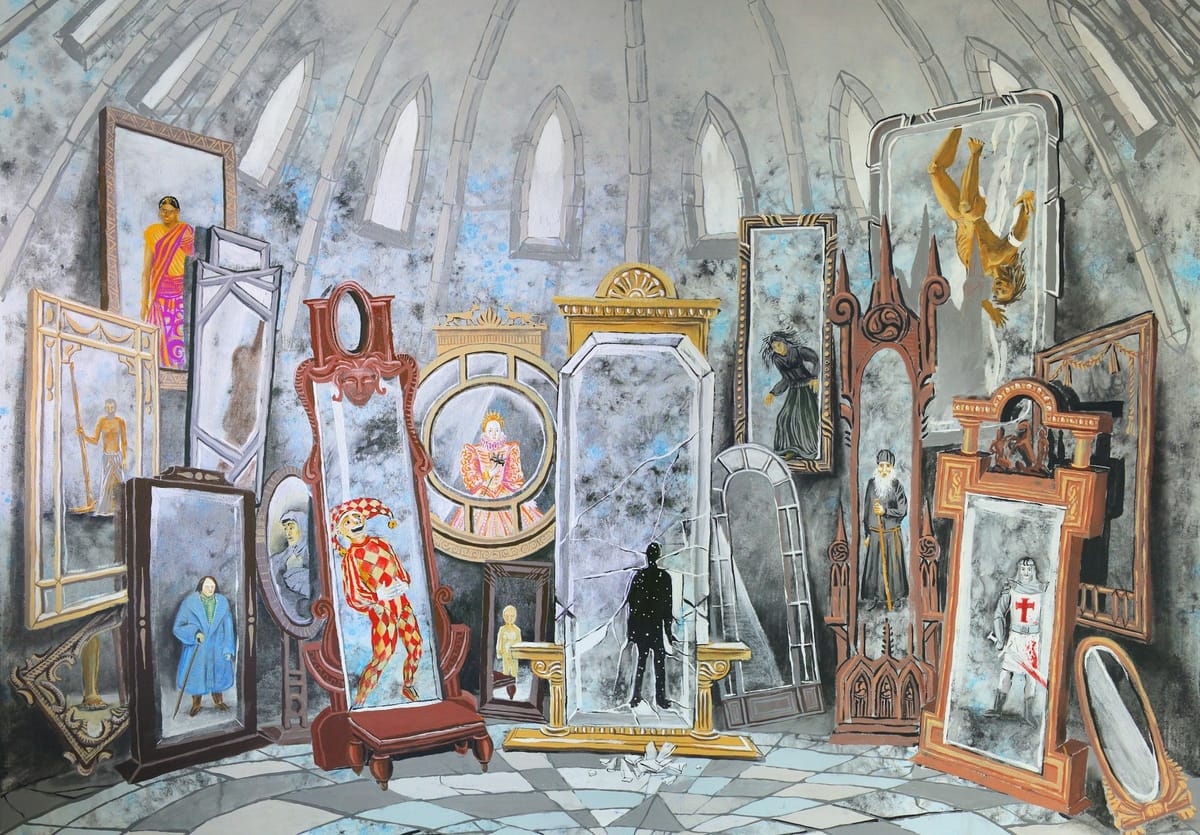Recording - Death, Near Death Experiences & Reincarnation

In this session we discussed what happens when we die. What can we learn from Near Death Experiences? How does Analytic Idealism make sense of the many reports of reincarnation from around the world?
- Understanding death as a process, not a light switch
- Acquired Savant - an evolutionary miss?
- Spontaneous healings from near death experiences
- Can Mind at Large die?
Thanks Gustavo and Ines for suggesting this topic during the initial scheduling whiteboard, to Ron, Muriel and Byron for engaging in this topic on Telegram, and the many people contributing to the discussion in the comments.
Recording links are below, and here are some questions asked during the session:
WHAT HAPPENS WHEN WE DIE? - Muriel
Okay it's the end of the dissociation process, but is there still something of our individuality that continues as seems to be suggested by near death experiences ? What would be at the base of this individual consciousness as separated from the mind at large when the body is no more ? Does the dissociation really stops or does it only seems to stop to the physical dissociated selves left behind...? In other words, is there something as a individual soul when the body is no more ? Something still individual, not yet merged into the "all there is" ?
DOES RE-INCARNATION FIT INTO ANALYTIC IDEALISM? - Ines
In Buddhism, the idea of Rebirth/Re-incarnation is considered to be right view, however, it is an impersonal process with no entity/soul going from one birth to the next.
How does Analytical Idealism view death and what happens after the dissociating boundaries of an alter dissolve? Is there any kind of "continuity", meaning : would the content of the "dying" alter be the exact content of a new dissociation? Or is there a random mixing of the mind contents in mind at large, hence no continuity?
I would like to think that there are degrees of dissociation/association and that, during the death process, the alter does not dissolve completely in core subjectivity unless it is enlightened. Any comments?
IS A NEAR DEATH EXPERIENCE LIKE A 'RECOVERED' WHIRLPOOL THAT HAS DISSIPATED IN A LAKE? - Gustavo
Background of the question is the metaphor of life - individuated - being a whirlpool in a larger lake (M@L). In this context, as Bernardo explains, death would be the 'dissolution' of the whirlpool back into the lake. Such dissolution would entail the lake absorbing the experiences from the whirlpool. Keeping this metaphor, NDEs seem to be the interruption of this 'dissolution' mechanism. In some rare cases, this idea would align with cases of people who come back from coma with skills they didn't have before and didn't have any means of learning them (i.e. playing certain instruments, knowing about events they couldn't have learned before, performing highly in tasks they didn't perform so well before - i.e. calculations). From this, two questions unfold:
1) although hard to explain with concrete cases, is it possible to infer parsimoniously the limits of this 'yank back' in the dissolution process? In other words, when is the whirlpool not 'recoverable' anymore
2) what prevents this view from being anthropomorphised (humans acquiring human related skills)? In other words, what in this context prevents my dog coming back from cardiac arrest during a surgery to acquire human-like skills (or from any other species), since all the 'knowledge' becomes part of the same lake we are all a part of (or humans acquiring non-human skills)?